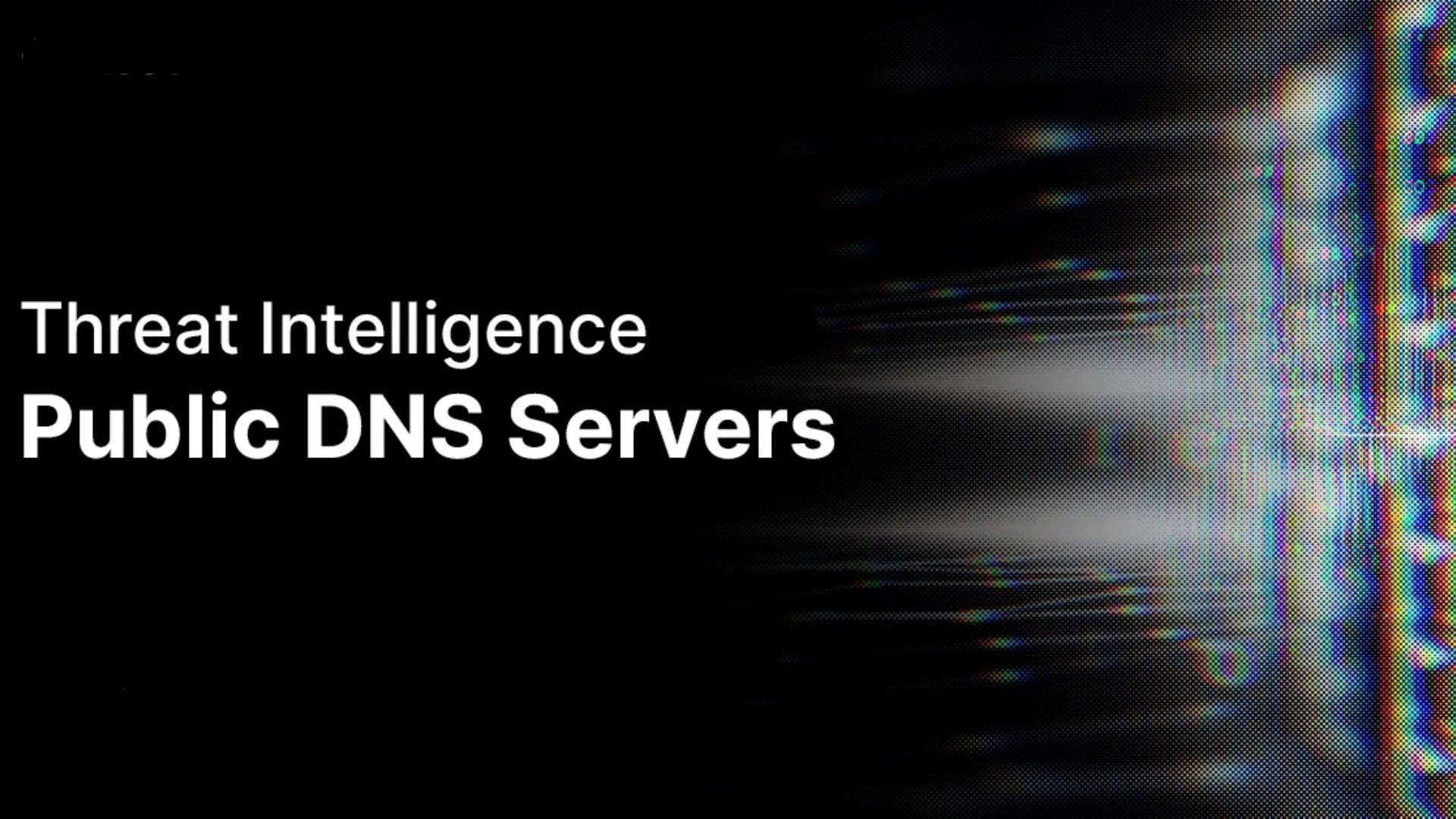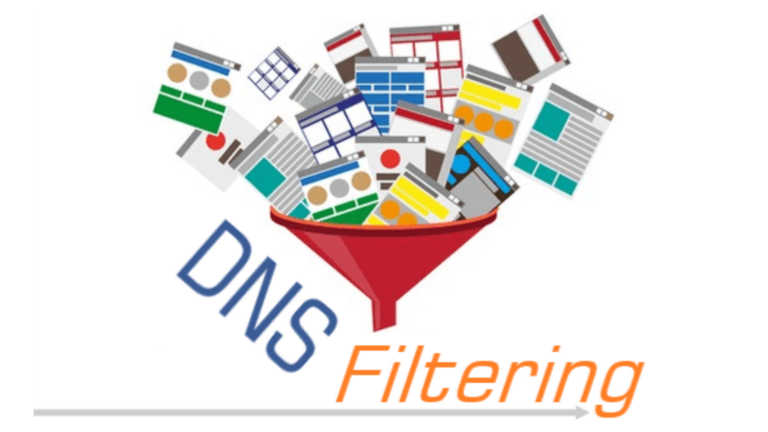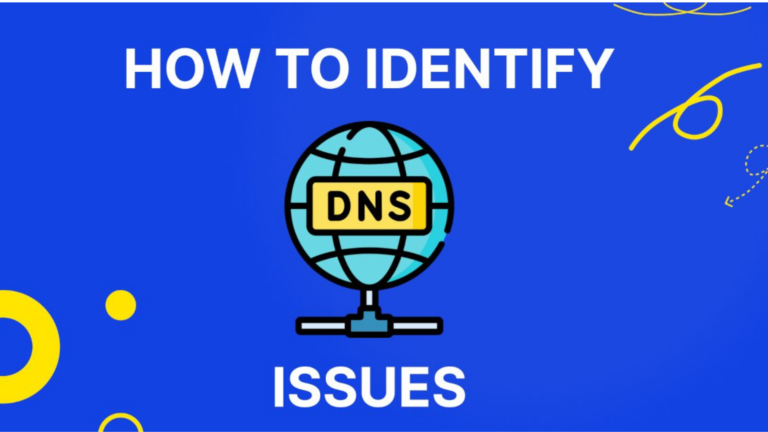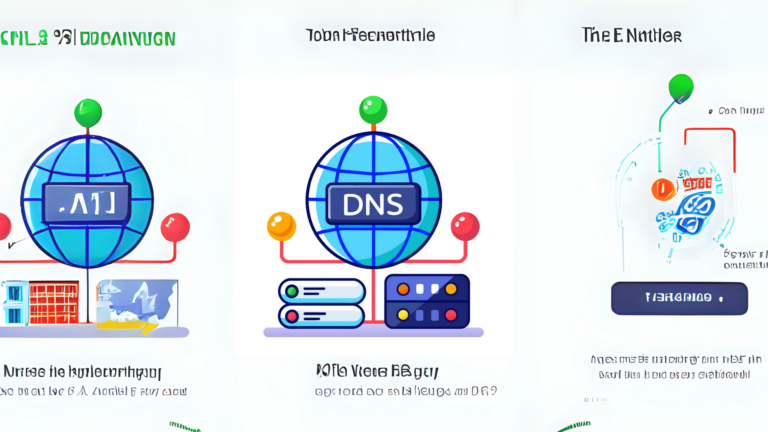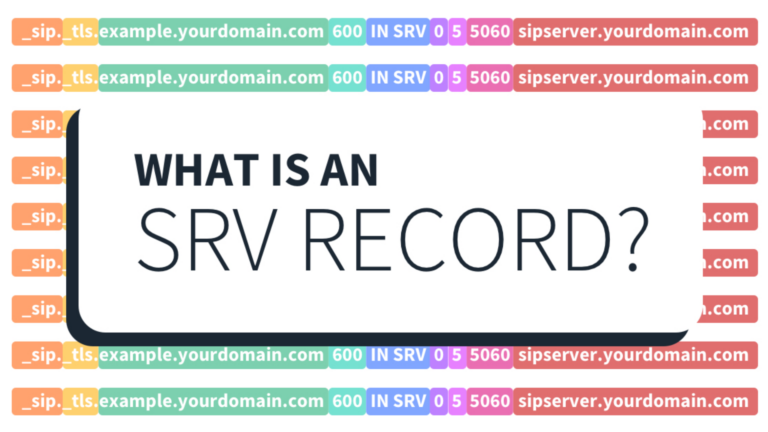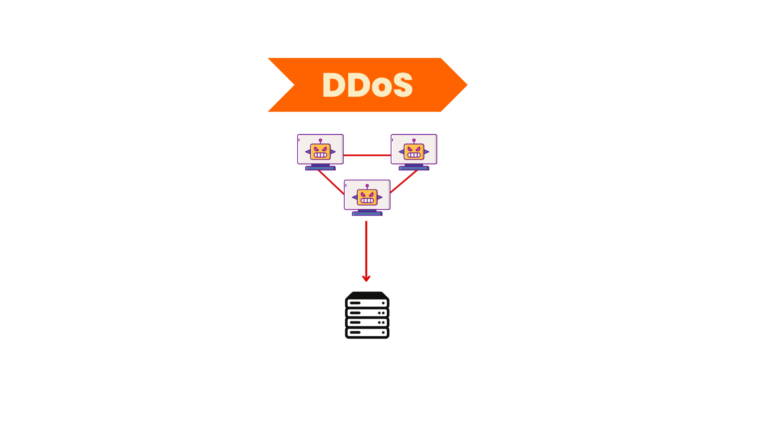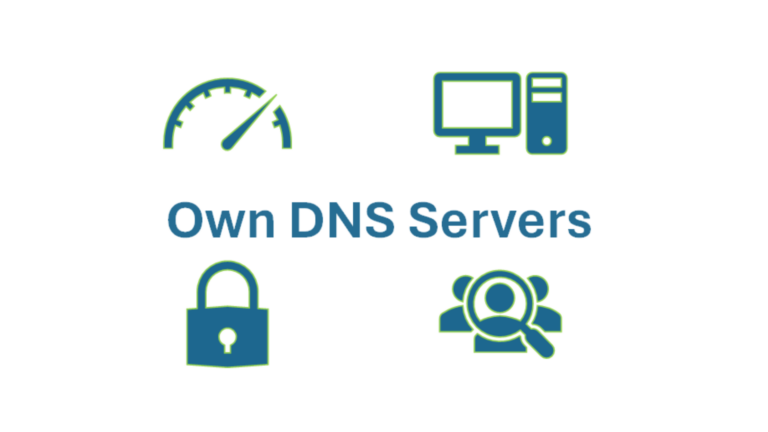What are the risks of using a public DNS server?
Using a public DNS server can be helpful in many ways, such as faster browsing and bypassing restrictions.
However, it also comes with certain risks that you should be aware of. Here, I will explain the dangers of using a public DNS server in a simple and easy-to-understand way.
What is a Public DNS Server?
A DNS (Domain Name System) server helps convert website names (like google.com) into IP addresses that your device can understand.
While most people use the default DNS provided by their internet service provider (ISP), some prefer public DNS servers like Google DNS or OpenDNS.
These public DNS servers claim to offer better speed and security, but they also come with risks.
Risks of Using a Public DNS Server
1. Data Privacy Issues
When you use a public DNS, your internet activity is sent through a third-party server. This means:
- Your browsing history might be collected.
- Your data could be shared with advertisers.
- Some services might track your online behavior.
2. Security Risks
Public DNS servers can be targets for cybercriminals. Some common security risks include:
- Man-in-the-Middle Attacks: Hackers can intercept your connection and redirect you to fake websites.
- DNS Hijacking: Attackers can change DNS settings to send you to harmful sites.
- Malware Risks: Some public DNS providers might expose you to viruses or phishing sites.
3. Lack of Reliability
Unlike ISP-provided DNS, public DNS servers may experience downtime or slowdowns. If the server you are using goes offline, you might not be able to access the internet properly.
4. Censorship and Restrictions
Some public DNS services may block certain websites without your knowledge. They might also filter content based on their policies, preventing you from accessing the information you need.
5. Legal and Compliance Issues
Some countries have strict internet laws. Using a foreign DNS service might violate local regulations, leading to legal trouble or internet access issues.
How to Stay Safe While Using a Public DNS Server
If you still want to use a public DNS, follow these safety tips:
- Choose a Trusted Provider: Use well-known DNS services like Google DNS (8.8.8.8) or Cloudflare DNS (1.1.1.1).
- Enable DNS Encryption: Use DNS over HTTPS (DoH) or DNS over TLS (DoT) to secure your data.
- Check for Security Features: Some DNS services offer malware and phishing protection.
- Use a VPN: A Virtual Private Network (VPN) can add an extra layer of security to your internet connection.
Final Thoughts
While public DNS servers can improve speed and access, they come with risks that you should not ignore. Data privacy, security threats, and reliability issues are real concerns.
If you decide to use a public DNS, make sure you choose a reputable service and take extra precautions to stay safe online.
